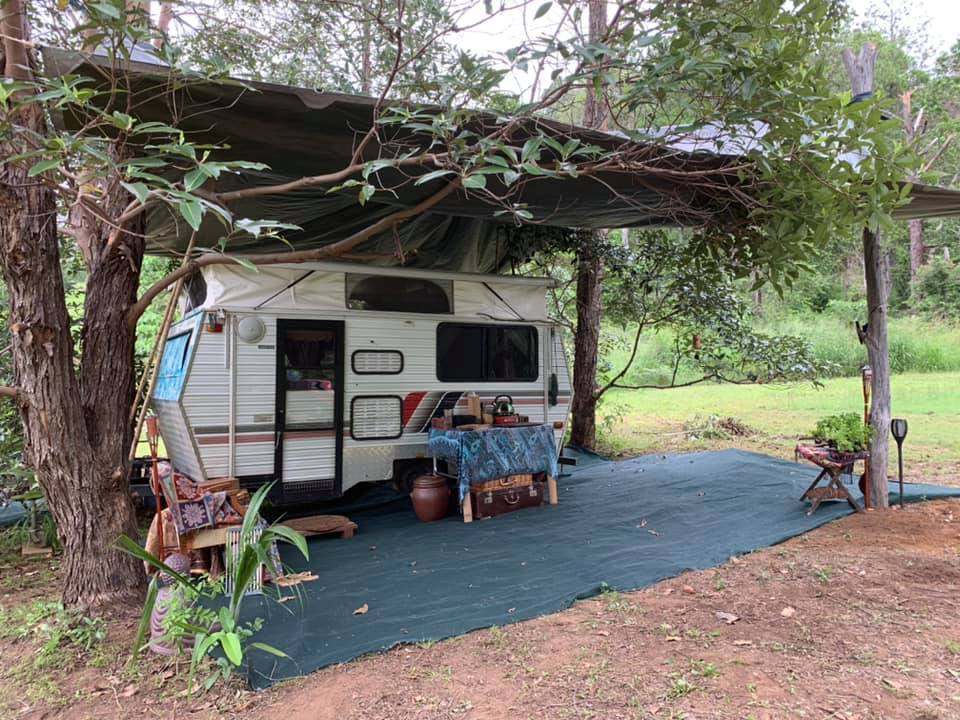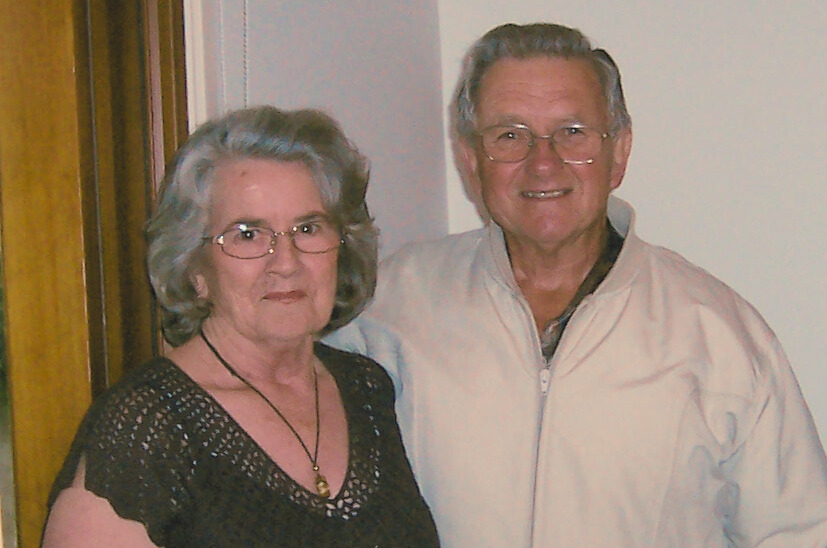COMMUNITY STRATEGY LEADERSHIP GROUP
After many months of community consultation, the Sunshine Coast Council ratified its Community Strategy 2019-2041 and the accompanying Action Plan. As part of the Council’s commitment to community engagement, they founded the Community Strategy Leadership Group (CSLG) in 2020 to bring together key stakeholders committed to contributing to a thriving community by leading and guiding the delivery of the Community Strategy.
Involvement in the group offers an opportunity for collective leadership and action to deliver and advocate for positive community outcomes. The CSLG is updated with new community leaders every two years.
COMMUNITY STRATEGY 2019-2041
The Community Strategy provides a longer-term framework that reflects a shared responsibility for how the council and the community will work together to advance our shared goal for a strong community. The Community Strategy covers five outcomes:
Healthy Active Communities
Empower our community to live healthy and active lifestyles.
Vibrant Communities
Places and spaces are vibrant, inclusive, accessible and adaptable to changing needs of all people.
Inclusive Communities
Strengthen connection, inclusion, awareness and opportunity for all people.
Connected Resilient Communities
Build capacity to be connected and resilient in order to respond to local issues.
Creative Innovative Communities
Nurture creative and innovative approaches to building a strong community.
The Community Strategy Action Plan is a five year plan that outlines what is going to be done in order to achieve the Community Strategy outcomes. The current action plan expires in 2024. As a member of the CSLG, we are working with Council to develop the next five-year action plan.
TINY LIVING ADVOCACY
In early 2020, a friend reached out and asked if I could offer our land for a friend to park her caravan. While visiting from Western Australia, Darlene w found herself trapped when WA closed their borders. Of course, I said yes, and Darlene settled into her new ‘temporary’ home while we all navigated the pandemic and the lengthy border closures.

Darlene set up her caravan, helped maintain the land and even started to build a couple of food gardens.
Then we get a call from a council compliance officer because they had received a complaint from a neighbour about Darlene living in her caravan. We learned that you could not live in a caravan on the Sunshine Coast for more than 4 weeks in a 52-week period without a permit.
We asked for compassion considering the incredible circumstances, we were in lock down, and Darlene could not return to WA. Our pleas were ignored, and Darlene was asked to leave. But where could she go, so with some creative thinking, Darlene stayed. She continued to live on the property until the borders opens without her caravan.
This was the beginning of a campaign to advocate for change to allow people who choose to live permanently in caravans, buses and tiny homes with wheels to have some certainty and security.
Local governments across Australia view caravans, buses and tiny homes on wheels (THOWs) as temporary accommodations and come under the control of a Local Law. Each local law prohibits these types of housing for a limited period of time without a permit, usually anywhere from 4 weeks to 1/2 months. With a permit, the time period can be extended to 18 months.
There are a growing number of people using these types of housing on a permanent basis. Permanent housing is managed in the town plan, but because local governments view them as temporary, regardless of how they are used, they are managed with a local law. The permit process is not fit for purpose when they are used as permanent housing.
NON-TRADITIONAL HOUSING
Due to the housing crisis, the housing landscape has changed. A growing community of Sunshine Coast residents are choosing different and diverse housing solutions that need their financial, social and environmental needs.
If we as a community are committed to providing inclusive and diverse housing solutions as a way to prevent homelessness, then we need to understand better why people are making alternative housing choices.
- Affordability – they know they will never be able to purchase a typical house on land.
- Low Environmental Footprint – they are conscious of the effects of climate change and wish to reduce their personal impact on the environment.
- Connection to Nature – Many don’t want to live in the suburbs; they want to live with nature, having space away from the stressful world while being nurtured by the natural world.
- Transportability – many want the freedom to move as their needs change; family, work, health etc
- Accessibility – it is easier to secure these types of housing than a rental, particularly in this current rental crisis.
- Community – the people choosing this type of housing as a permanent choice also wish to live with others and build a sense of community. Sharing growing food, helping with family and providing strong social connections that build social capital, experience inter-generation living, creating individual and community resilience. Many landowners are interested in using their land for community living and growing social enterprises that benefit the community.
- Age in Place – many rural landowners are asset-rich and cash poor. They would like to stay on their property as they age and would like to invite families to share their land. Not only do they get help, but they also have their land cared for while building social connections that reduce social isolation and contribute to their well-being. These types of housing allow them to move while keeping their homes as and when required. Communities are looking for policies that support their desire to live-in age-friendly environments in inclusive communities so they can feel safe and live active healthy lives.
SUPPORTIVE AGED CARE
"Caregiving will never be one-size-fits-all.” - Nancy L. Kriseman

I fell into providing personalised aged care. My parents needed me to step up and assist them with their home care packages. With Mum a retired nurse and Dad a retired ambulance officer, they want to personalise their care in their homes. I started helping them manage their Home Care Package by liaising with their Care Providing and their support workers.
Sharing my experience, I then started helping other members of my community who wanted more autonomy in managing their Home Care Package. It has been a privilege to help my parents and my community to help them live more independent lives.


